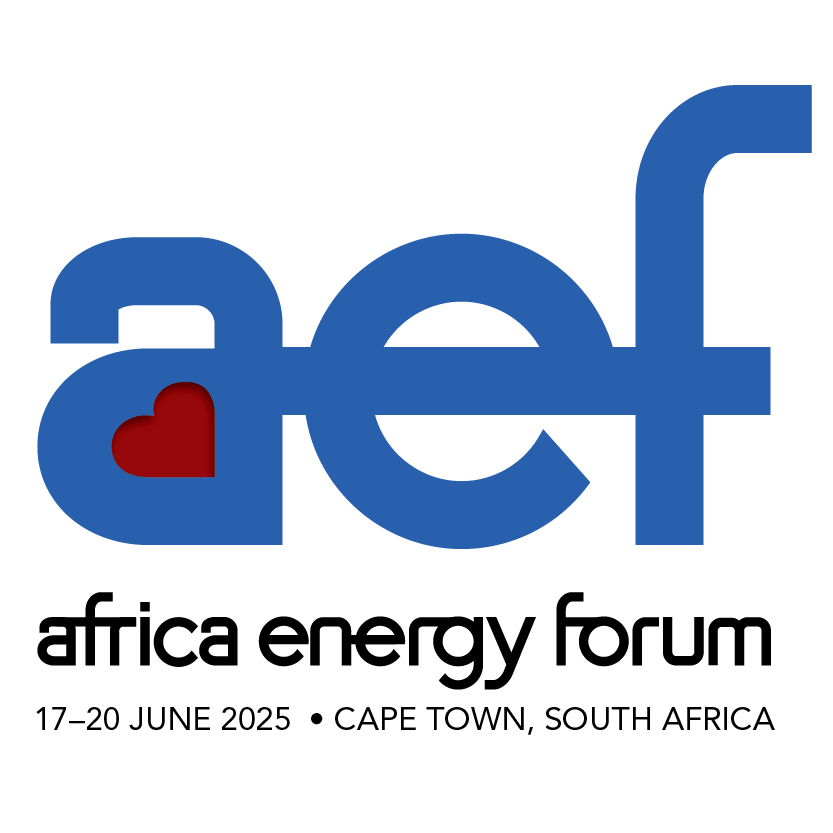Day 3 - 11:00 - Stream 5 -Hosted by: South Africa’s IPP Office | South Africa’s IPP Procurement Programme – A Key Enabler Behind a Growing Private Sector Generation Foot Print
Chairperson: Dan Croft, Regional Upstream Manager, IFC
Key Participants:
- Tshifhiwa Bernard Magoro, Head of IPP Office, Republic of South Africa
- Nhlanhla Gumede, Full-time Regulator Member Responsible for Electricity Regulation, National Energy Regulator of South Africa (NERSA)
- Mike Scholey, CEO, Globeleq
- Brian Cunningham, C&I Development Manager, Red Rocket
- Amith Singh, Head of Energy, NedbankCIB
The role of private investment and involvement in African energy projects has been a long-running and recurrent theme throughout Africa Energy Forums over the years.
In South Africa, the process of unbundling the Eskom monopoly is underway as the country seeks to address the issues caused by ageing infrastructure assets which are contributing to highly disruptive power outages.
Central to this process is the IPP Office. Set up in 2010, it has a remit to procure much needed generation capacity to ensure long-term stability in the energy system.
The organisation thus played host to a timely interactive boardroom session on day three of aef, which was chaired by the International Finance Corporation’s Dan Croft.
On the panel, joining Head of the IPP Office Tshifhiwa Bernard Magoro was Nhlanhla Gumede, Full-time Regulator Member Responsible for Electricity Regulation, National Energy Regulator of South Africa (NERSA). The panel also included several private sector representatives, including CEO of Globeleq Mike Scholey, Red Rocket C&I Development Manager Brian Cunningham, and Amith Singh, Head of Energy at NedbankCIB.
The discussion began by setting the scene and highlighting the imperative for South Africa to not only fix its current power reliability issues, but build capacity to accommodate future economic development. Here, it was revealed that the South African government estimates needing around 28 GW of capacity to come online between now and 2030, and that around half of that was in the development pipeline.
Tshifhiwa Bernard Magoro went on to highlight some of the IPP procurement programme’s successes to date. For example, he confirmed that the organisation had procured close to 30 GW to date, with 12 GW of that being in the renewable energy space. Of this 30 GW, 6.2 GW is already operational and providing power to the grid.
He added: “Today 7.5% of energy consumption in South Africa comes from renewable energy IPPs, and most of the 28 GW we need to procure by 2030 will come from renewables. The IPP Procurement Programme has been a catalyst for private sector participation in our energy sector, and the government is committed to seeing it progress into the future.
“For me, this is the most important factor in the success so far. For those countries seeking to emulate something similar, first and foremost you need political support, and all the South African government departments have rallied behind us.”
The IPP Office has also been successful because of its track record for honouring all 28 of its PPAs, the first of which celebrates its 10th anniversary this year. Meanwhile, investor confidence is also bolstered by a progressive regulatory and legal framework.
However, despite the undoubted progress made, the panel discussed a range of issues that, if overcome, can facilitate the acceleration of even greater triumphs.
Here, other key topics discussed included grid availability for new renewable projects in highly productive areas, especially important given bidding windows seven and eight seek to add 10 GW of wind and solar capacity. This, according to Tshifhiwa Bernard Magoro, is the key barrier to overcome.
Also touched on was the nature of government guarantees to ensure long-term investor confidence, global energy and economic impacts on tariffs and supply chains, and how to overcome challenges experienced by new entrants in project financing.
The experience of Globeleq could be an example to follow. With eight IPP projects already underway in South Africa, CEO Mike Scholey looked ahead to the future with confidence.
“Long term, if you look at what has been achieved in the IPP Ofice, it is incredible,” he said. “Scaling up in any industry is difficult, and yes of course there are challenges here, but recent history gives me confidence.”
This confidence was echoed by NedBankCIB’s Amith Singh. He added: “I have been attending this session at aef for more than a decade, and it is always a popular discussion… I think this shows the support and excitement for the programme, and the will for it to succeed.”

.jpg)